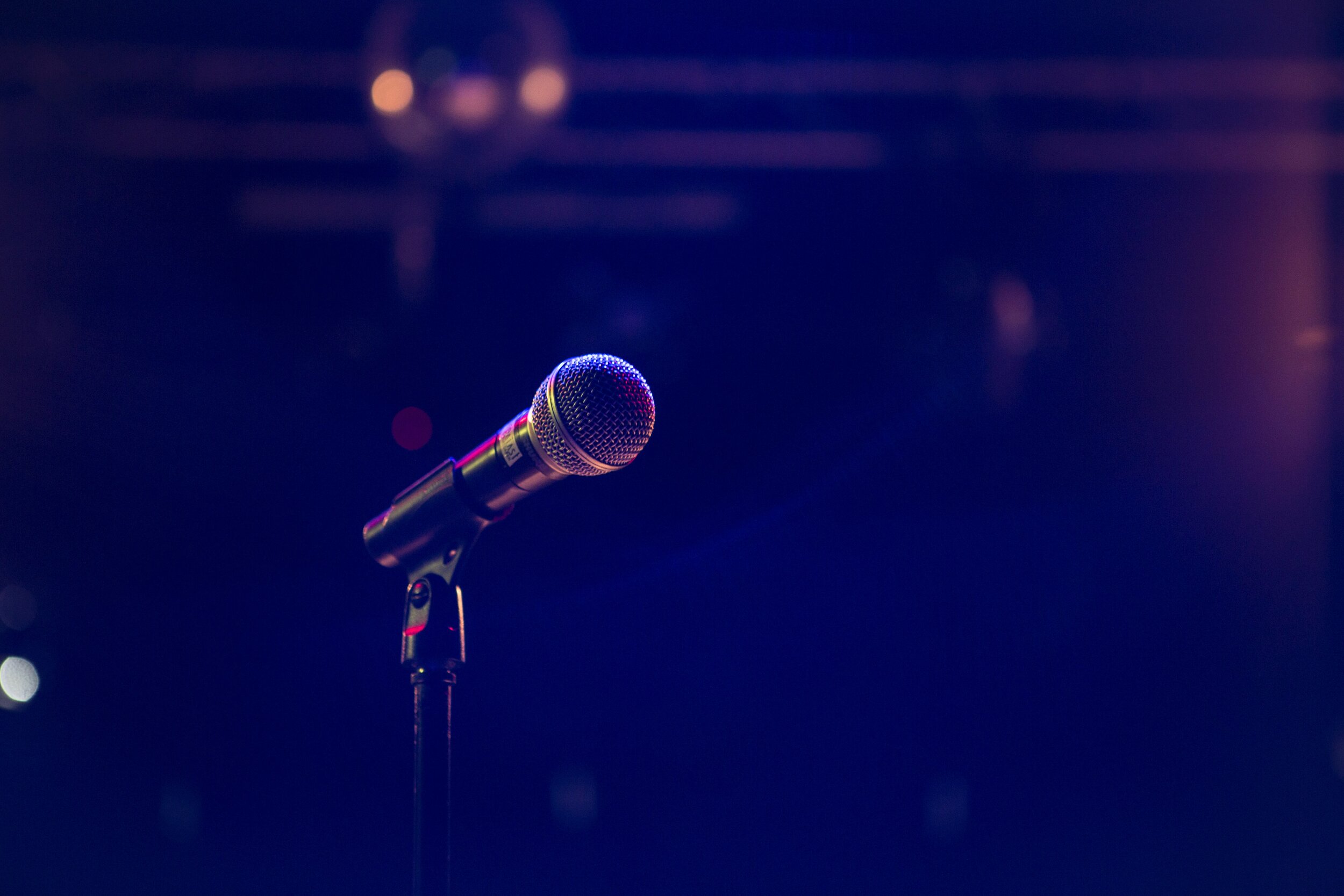I recently participated in a panel discussion about how to balance the desire to achieve certain standards in theatre training with considerations of artist health and wellbeing.
We started with three key words: rigour, compassion, and craft, and a premise that rigour and compassion sit on opposite sides of the equation in the process of training actors. The question: how do we find equilibrium between these two contrasting ideas for the sake of our craft?
‘Craft’ is an interesting word to me. It can mean strength, power, skill or ability. People who work in theatre seem to love this word, I think because it sounds noble. It suggests we’re toiling at something serious, we’re not merely players strutting around in costumes. A craftsperson is humble and dedicated - not a dilettante.
‘Rigour’ suggests attention to detail, tenacity, and building strength. I like to think of it as a kind of striving. But the definition offered by the Oxford English Dictionary is actually “unbending, stiffness, rigidity” and “harsh inflexibility”. And of course this is how we get the medical term ‘rigor mortis’ - the stiffening of the body after death.
Training that is unbending? Inflexible? Is that how we train artists?
‘Compassion’ also has a problematic meaning. When I looked it up, the definition I found was “to suffer together,” which I’d prefer to avoid in my sessions. But in my experience, the word is usually used to suggest kindness, gentle sympathy - a softness in behaviour. In that sense, it is indeed a contrast to rigour. But training that is too soft could prevent artists from growing. If it’s all comfort, all the time, where is the stimulation that promotes change?
Then I discovered some etymology that intrigued me. ‘Compassion’ contains a Latin participle, ‘pati,’ which it shares with the word 'patient.’ One of the meanings of ‘patient’ is “to be steadfast despite difficulty or adversity.” Isn’t that strength? Or tenacity? Or…rigour?
So rather than grappling with opposites, I think we’re using different words for the same idea: the idea of applying energy or effort to an activity; to practice patiently and with intention. Maybe our personal experiences lead us to prefer one term over another. Have we internalized some biases either about “being tough” or “being kind” based on how we ourselves were trained? Sometimes our egos build narratives around these ideas. “I was put through the wringer in my training and it was good for me,” or “I choose to teach with more care than I received from my teachers.”
Artists commit to developing their craft through training and practice. In the classroom, my syllabus is my contract with the students - we make an agreement to strive together, building craft. At the theatre companies where I coach, a diverse group of professional artists apply their craft to bring the show to the audience. Both contexts are collaborative, with complex dynamics and a range of needs and communication styles to embrace.
Society is changing, our students are changing, and the industry’s expectations seem to be changing. We strive together, responding to the changes and acknowledging, I hope, that ‘rigour’ and ‘compassion’ manifest in different ways in different settings. We absolutely do need to be discerning and clear, and make sure we can tell a hawk from a handsaw. But we can’t afford to get stuck in a binary of either/or terms: hard versus soft, or strong versus weak. If we’re going to talk “standards,” let’s define our terms and set the context.



